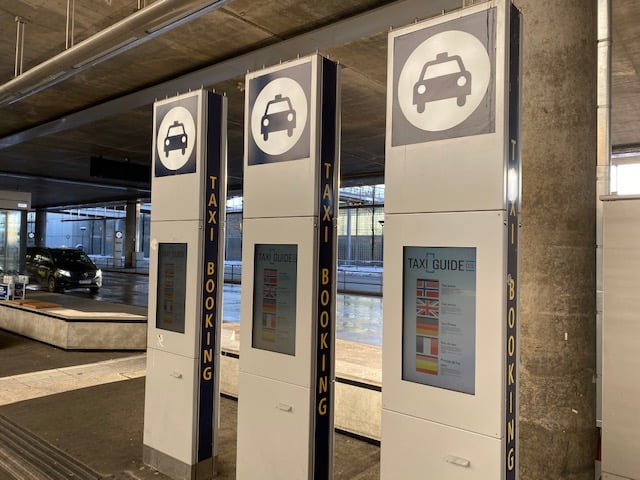Entrepreneurs are struggling with rent arrears, debts to suppliers or debts to family.
It seems to be the new path that taxi drivers are taking to get out of their malaise. After debts have been paid and the assets have been divided, companies can deregister as a legal entity at the Chamber of Commerce (KVK). This rule applies to companies with more assets than debts. If there are more debts than assets, you can file a declaration of bankruptcy.
That is the theory, but the latter rarely or never happens to independent taxi drivers and partnerships, unless bankruptcy is filed by the Tax Authorities or creditors. The question then is usually what can be achieved? And that answer is usually, nothing. If creditors think it is good to settle the debts without bankruptcy, you can stop the business without bankruptcy.

Suppliers often find out too late that taxi companies have deregistered from the Chamber of Commerce. Collection agencies then have nowhere to go and close the file.
In a reminder letter, taxi companies are given 14 days to pay the bill. Only then can one debt collection agency switch. If companies do not send that letter or reminder, they do not have to pay collection costs. Such letters are a signal for many companies to accelerate packing and to cease operations.
When companies once Unsubscribed its hard to get your money. In some cases, creditors can still try to have the dissolved BV declared bankrupt. The creditors will then have to demonstrate that there is still an asset that can be recovered. If that asset is not there, the bankruptcy will not benefit them either. It is therefore important to actively monitor payments from debtors and not to accept arrears in payments. Despite a sometimes long-standing trusted relationship that preceded it.
taxes
There can be several reasons why companies disappear without a trace. So also the companies that are now directly affected because they previously had to apply for a deferment of payment from the tax authorities. Within taxi, coach and public transport, more than 54% of the profit that companies make on average is spent on paying off their tax debt. This has emerged from research by ABN-AMRO.
During corona, entrepreneurs could apply for a deferment of tax payments. Based on figures from the Central Bureau of Statistics, more than 10 percent of entrepreneurs make use of this. That tax deferral expired on October 1 and entrepreneurs must pay off the tax debt within five years from October 1, 2022.



